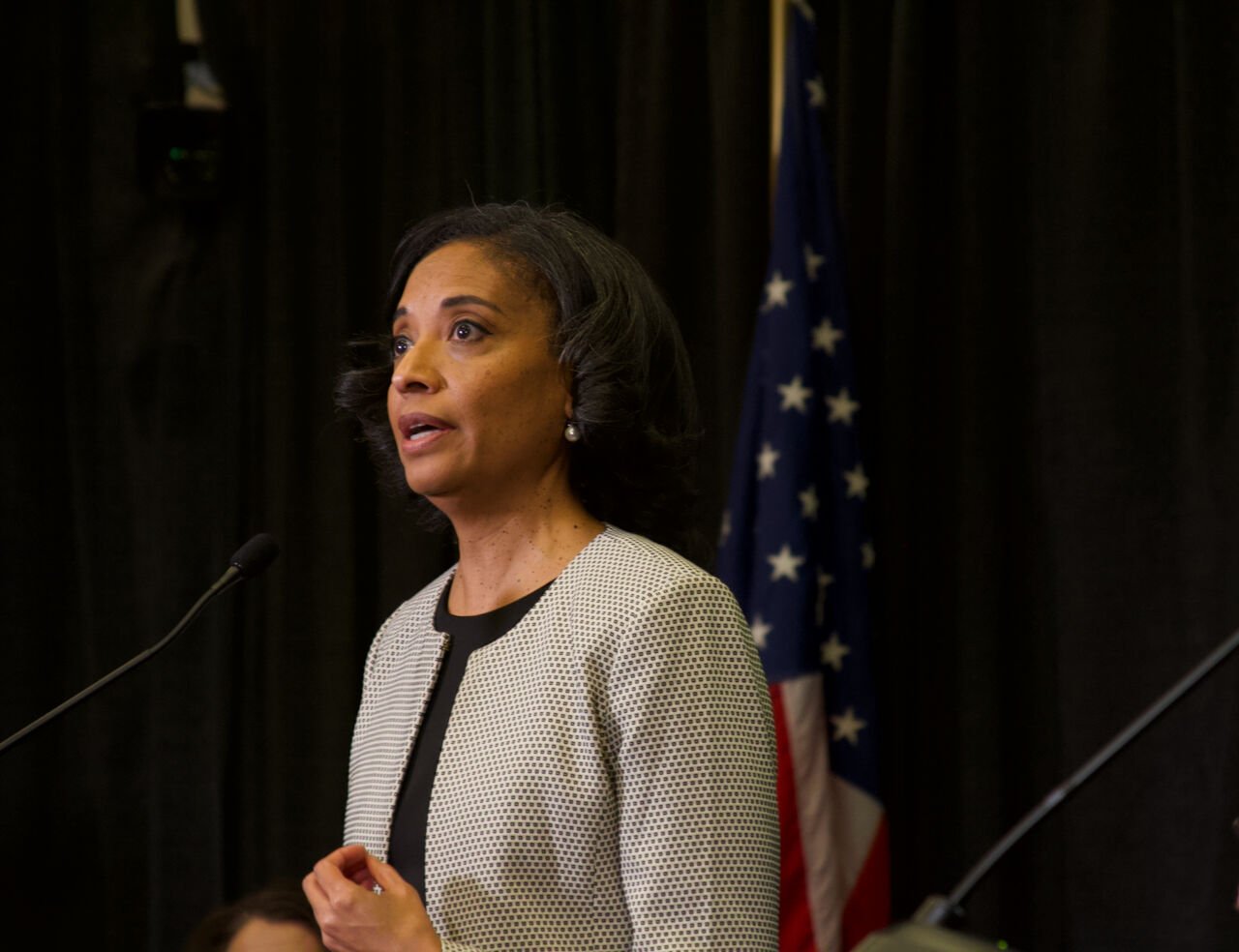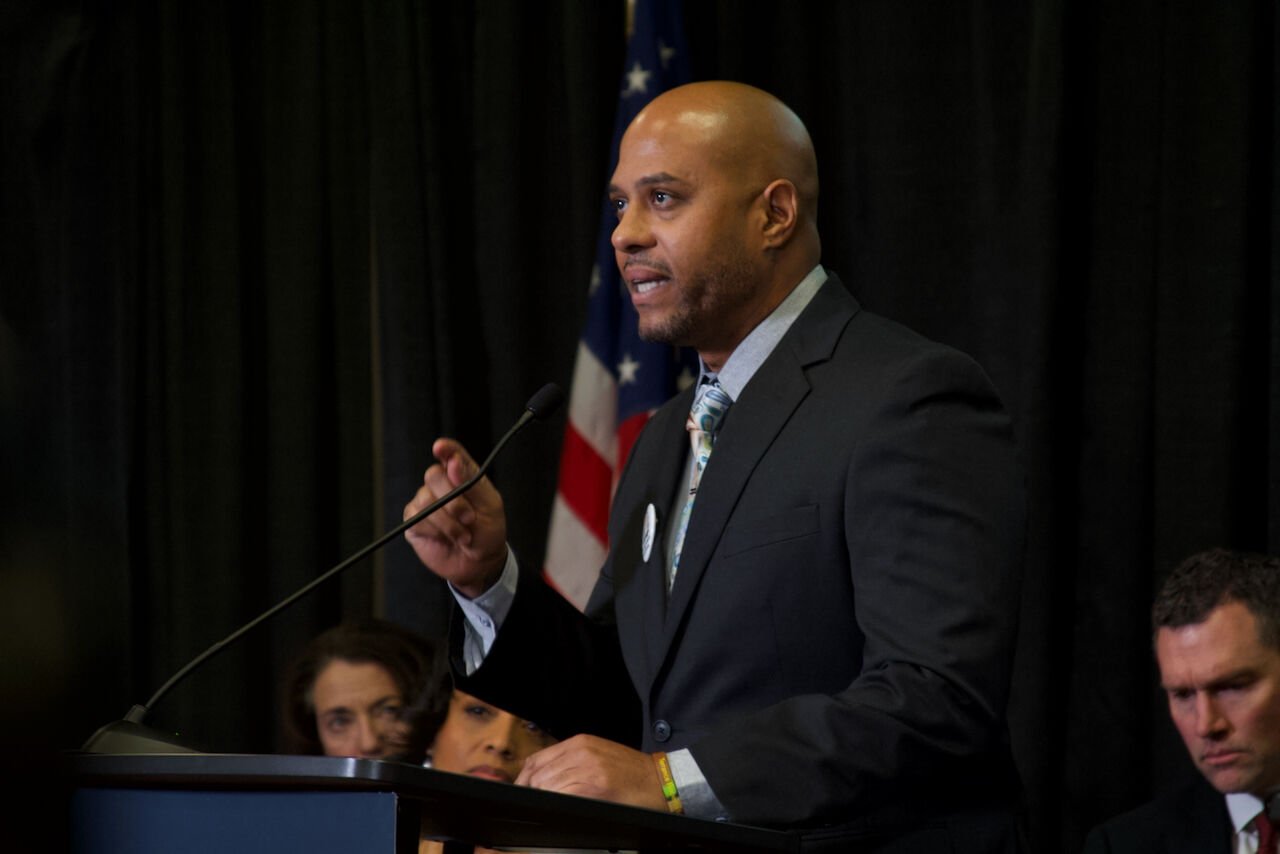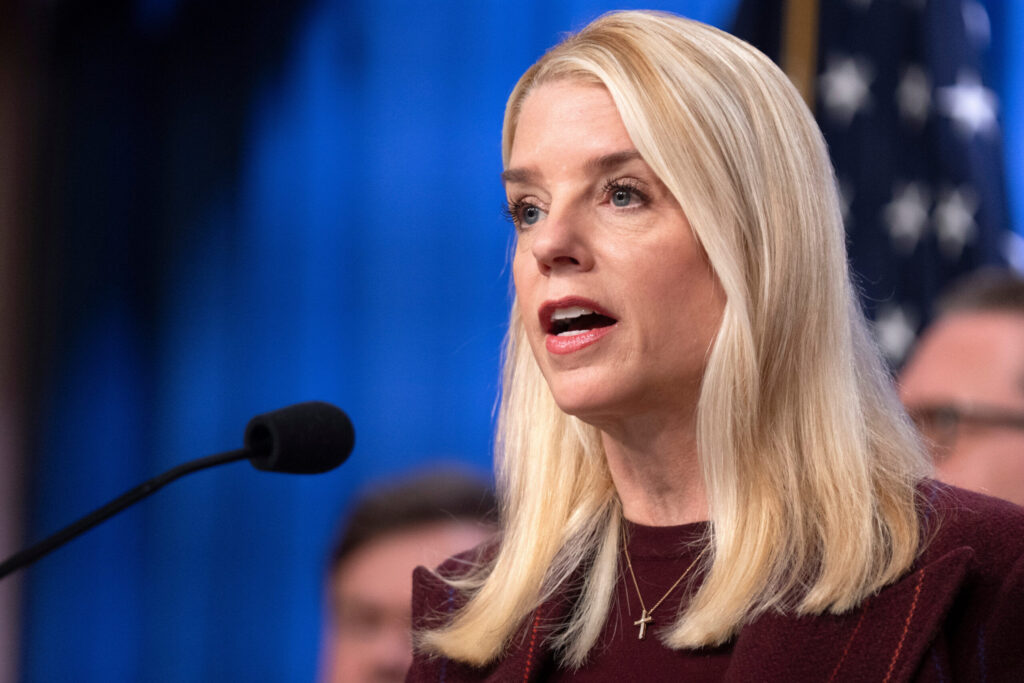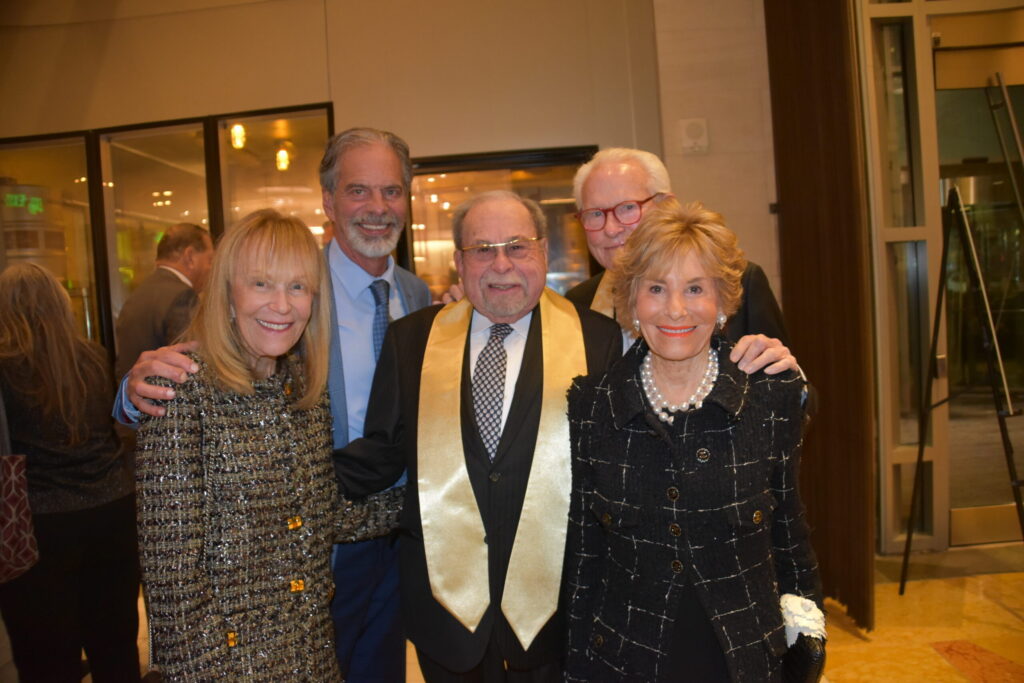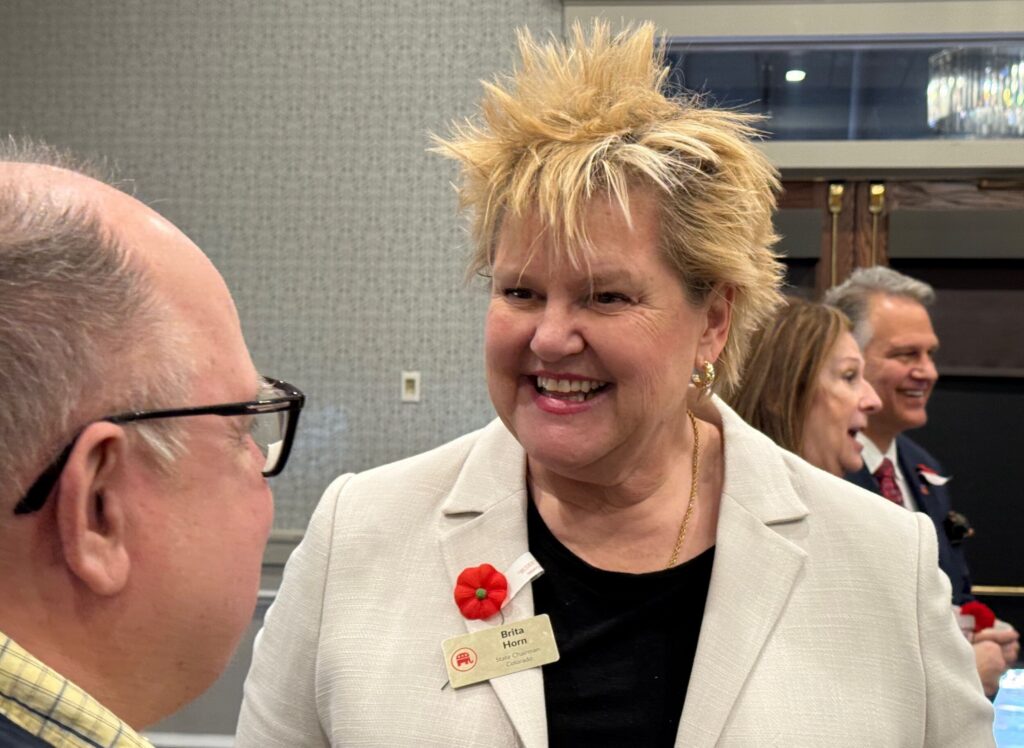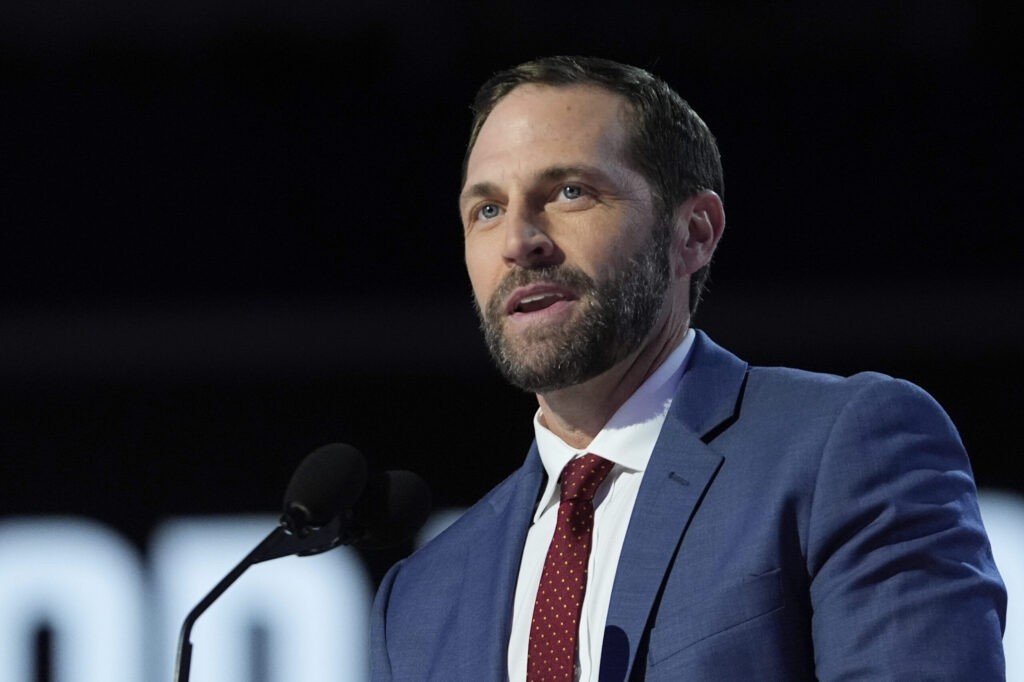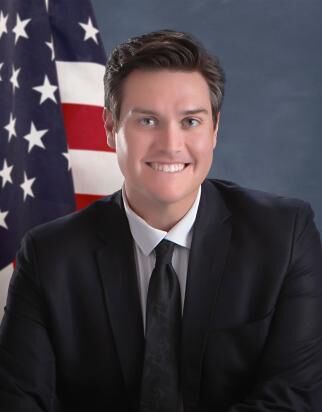Denver community leaders weigh in on mayor’s race as city grapples with public safety woes
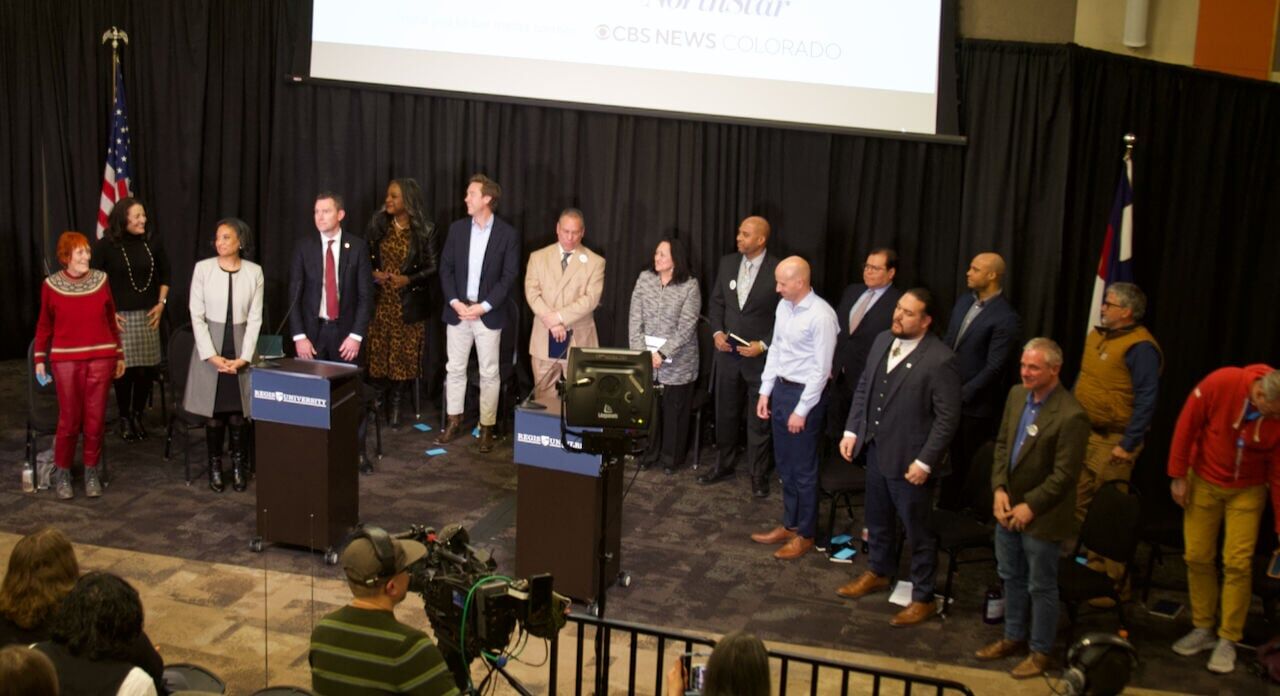
As Denver prepares to elect its first new mayor in 12 years, community leaders have begun to offer and press for answers from the mayoral candidates about one of the city’s most pressing challenge – public safety.
The candidates have taken varied tones in their views on the role of policing and how to curb the city’s spiking crime rate at a time when some activists are pushing to reduce the role of armed officers and direct resources toward social services. Law enforcement, on the other hand, officials worry about persistent officer shortages. And crime, notably car thefts, frustrates just about everyone.
Already, the ideological divide has permeated some of the mayoral debates, with all the candidates vowing to tackle the city’s crime rates but with some separating themselves from the pack by offering a relatively harder line on crime.
Some, such as business owner Derek Friedman, wants the next mayor to focus on curbing crime.
Friedman, who owns two Sportsfan stores on the 16th Street Mall, grew so frustrated with crime on the mall that, last year, he started charging customers a 1% “Denver Crime Spike Fee,” along with city and state sales tax – printed right on the receipt.
“The crime we’re experiencing right now, and the level of crime, has been a very different experience in the last few years,” Friedman said Tuesday.
Denver’s mayoral candidates clash over camping ban as housing, crime took center stage in debate
Friedman said the steps the Denver Police and Downtown Denver Partnership have taken over the course of the last few months “has been a success.”
“I think it’s from the model learned from (Union Station),” he added.
Denver and RTD police deployed more officers to the Union Station bus and platform areas in 2022 and created physical obstacles to loitering or camping. That came after complaints of open-air drug use, bathrooms unusable because of people loitering or using drugs, panhandling and fear of crime.
Friedman said whomever wins the mayoral race, he hopes the next city chief will continue those efforts.
“They must continue to focus very, very intensely on reducing crime,” he said. “It shows just how important the voters’ choice of our next mayor is.”
Pastor Robert Davis, who leads Denver’s Task Force for Reimagining Policing and Public Safety, argued for approaching crime from a public health perspective.
Does ballot order in Denver mayor’s race give Lisa Calderon, who sits atop the list, an edge?
Davis said the task force’s position isn’t to dissolve the police department because individual members have widely different views on what role it should play or whether it should exist at all.
“We need to come up with solutions for public safety from community and from a public health perspective, not a criminal prosecution perspective,” he said. “So, we’re really interested in a candidate who emerges who is not necessarily going to close down the jails; close down the police departments but rather one who is going to think: ‘How do we remove so many of (the responsibilities law enforcement officers have) and transfer them over to community?'”
A poll released this month shows that crime and improving public safety sit atop the list of issues that preoccupy Denverites. Also high on their list is homelessness, which has spiraled out of control in metro Denver in the last few years. The poll shows that a majority of respondents (63%) feel safe in Denver, but 36% don’t.
“Voters do not think Denver is doing enough to solve these issues,” the poll’s memo says, noting that 32% gave the city’s efforts to reduce homelessness an “F.” Roughly the same number (26%) also gave the city a failing grade in its efforts to reduce crime.
Denver mayoral candidate Kelly Brough outlines plans to improve public safety
Meanwhile, decriminalizing behaviors linked to homelessness is a key priority for the Denver Alliance for Street Health Response, an organization created specifically to launch an alternative response program to crime, of which the Support Team Assisted Response program (STAR) was the eventual result.
Vinnie Cervantes, the group’s director, said the organization wants to see the Street Enforcement Team (SET) disbanded.
SET is a team of civilians under the Denver Department of Safety’s oversight that has authority to enforce “quality of life” ordinances.
Critics, such as Cervantes, claim it targets homeless people, moves the issue around rather than connecting people with social and health services.
“They’ve marketed this program as one that is listening to the community to be able to remove police from situations where they’re not needed,” he said. “But it is, in actuality, the expansion of policing and not necessarily diversion from policing.”
In its first year, SET reached out to thousands to let them know of ordinances, notably the city’s camping ban, without issuing citations. City officials said the group is building relationships, the goal of which is to help individuals through education and connection services.
In an interview with 5280 last year, Armando Saldate, the executive director of Denver’s Department of Public Safety who helped organize SET, defended the program, saying it has been unfairly maligned.
“I get that people don’t like law enforcement,” he said. “In the end, tell that to the 80 percent of voters who voted to keep the camping ordinance in the city. Just because people are loud and they say things at council meetings doesn’t negate the hundreds of calls we get daily, weekly who say, ‘I am fed up with this encampment.'”
Denver mayoral candidate Kelly Brough: ‘This isn’t a stepping stone for me’
Also a key issue for Cervantes is the city’s support for community-led oversight of STAR. Cervantes, who is part of a committee formed to provide citizen oversight of STAR, complained that the city has increasingly shut out its ability to have a say in the program.
The committee’s existence is not codified in ordinance or protected by any other official means, and tensions between members and city officials boiled over last summer when the Denver Department of Public Health and Environment indefinitely shut down its monthly meetings with the committee. Cervantes believes the next mayor could take steps to protect the committee by pushing for a law change or appointing a new head of the health department supportive of it.
Dennis Huspeni contributed to this story.

